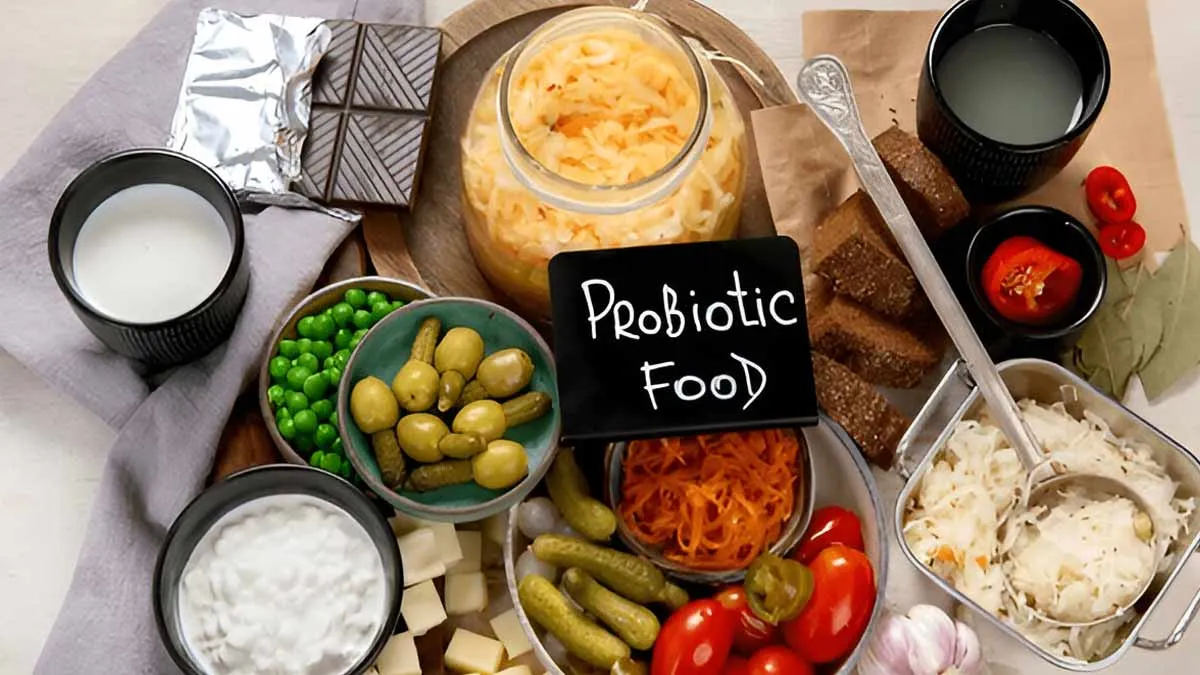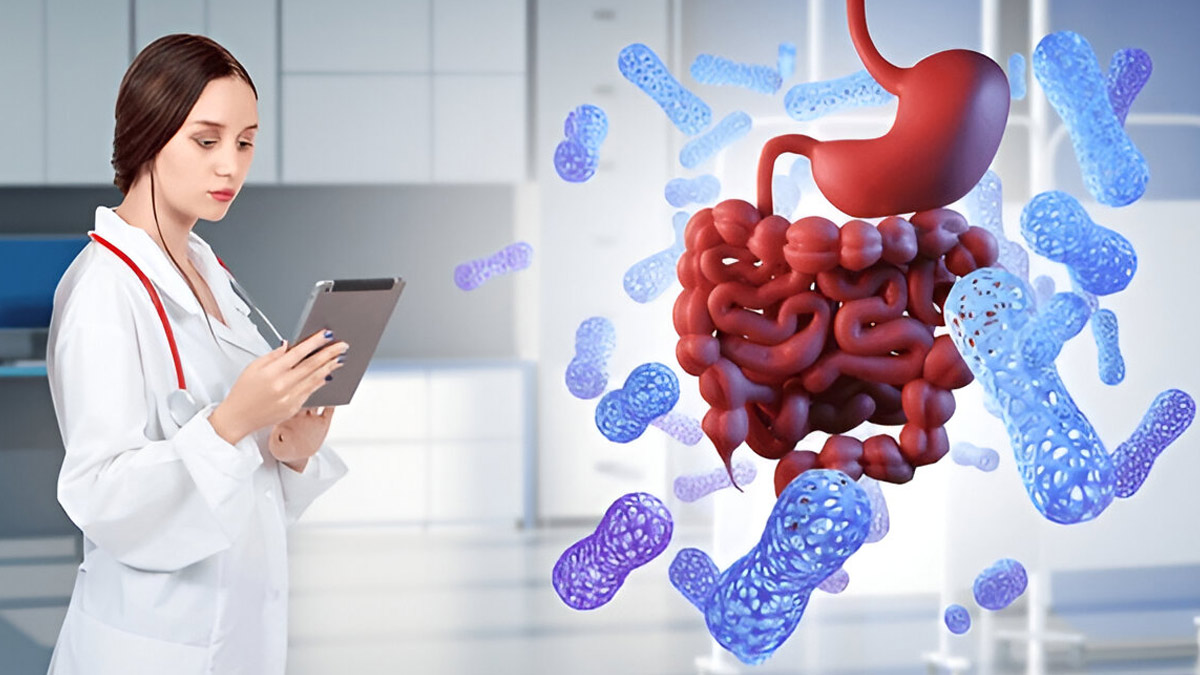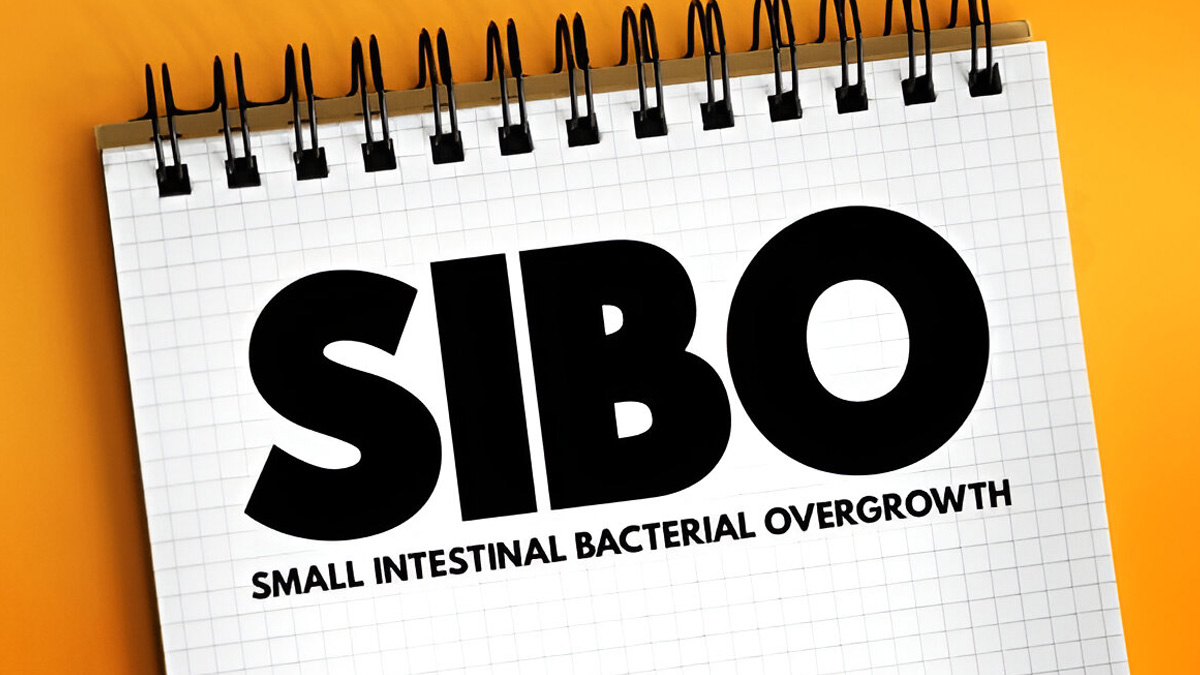
Probiotics are often hailed as a solution for digestion, boosting immunity, and enhancing mental health. However, there is a growing trend towards improving gut health, and many overlook the potential harm of excessive probiotic consumption. Probiotics play a significant role in maintaining gastrointestinal harmony, however, excessive use can disrupt the delicate balance they are meant to support.
Table of Content:-
We spoke to Dr Aditya Shah, MBBS, MD - General Medicine, Gastroenterology, Apollo Spectra Hospital, Chennai, who explained the side effects of probiotic overuse.
What Are Probiotics?

“Probiotics are beneficial microorganisms, including bacteria and yeast, that support health when taken in suitable quantities. Fermented foods like yoghurt, cheese, sourdough bread, and salami help balance the gut flora. The gut microbiome, which includes trillions of microbes, can be disrupted by antibiotics or poor health; probiotics can aid in the recovery of the microbial balance,” said Dr Shah.
Impact Of Probiotic Overuse
According to a 2015 study, probiotics can influence both the innate and adaptive immune systems, impacting cytokine release and the function of dendritic cells. As a result, there are concerns that they might overly activate the immune response in some individuals, which could potentially trigger autoimmune reactions or inflammation.
“Excessive or inappropriate consumption of probiotics can lead to bloating and gas build-up, along with abdominal discomfort, if bacteria excessively ferment undigested food in the colon. Additionally, brain fog or fatigue can occur when probiotic strains produce D-lactic acid, which can be absorbed into the bloodstream and affect brain function in some individuals,” added Dr Shah.
Also Read: Probiotics vs Prebiotics: Which One Should You Consume?
Complications Of Probiotic Overuse
When there is something that is good for us, overuse brings risk to individuals and in terms of probiotic overuse, there are chances of long-term health risk.

- Microbial imbalance is a threat to the human body as antibiotics wipe out beneficial bacteria leading to an imbalance and dominance of certain strains.
- There is also a possibility of a disease called Small Intestinal Bacterial Overgrowth (SIBO) where individuals experience a lack of appetite, severe abdominal pain and diarrhoea due to excess bacteria build-up in the small intestine.
Therefore, it is necessary and advisable to consume probiotics after doses of antibiotics, helping restore the bacteria during this phase. If a patient is facing Irritable Bowel Syndrome (IBS), or strains like Bifidobacterium infantis, they could take the help of probiotics to increase their bacterial levels. Also, probiotics shouldn’t be taken as a daily dose to improve gut health since it doesn’t work that way.
Also Read: Gut Health, Kidney Health: Expert Shares The Link Between Your Microbiome And Renal Function
Probiotics And Gut Health
Probiotics can be a powerful ally in supporting gut health when used carefully. The gut microbiome is a complex system, and prioritising its maintenance is crucial, rather than blindly following advice. Good gut health requires diversity in lifestyle and microbial exposure. A balanced approach, including fibre-rich nutrients, regular physical activity, and sufficient rest and sleep, is more beneficial for gut health than relying on supplements and medications.
Bottomline
Dr Shah concluded, “The body sends signals through physical responses, and individuals should pay attention to how their body reacts to their daily habits and lifestyle. If discomfort arises, it is essential to seek medical assistance rather than relying on self diagnosis and supplements, which can disrupt gut health and eliminate beneficial probiotic strains. A healthy gut is built on consistent, balanced habits rather than fleeting trends.”
[Disclaimer: This article contains information provided by an expert and is for informational purposes only. Hence, we advise you to consult your professional if you are dealing with any health issue to avoid complications.]
Also watch this video
Read Next
National Doctor’s Day 2025: Doctors From Different Fields Share The One Symptom They Never Ignore
How we keep this article up to date:
We work with experts and keep a close eye on the latest in health and wellness. Whenever there is a new research or helpful information, we update our articles with accurate and useful advice.
Current Version
